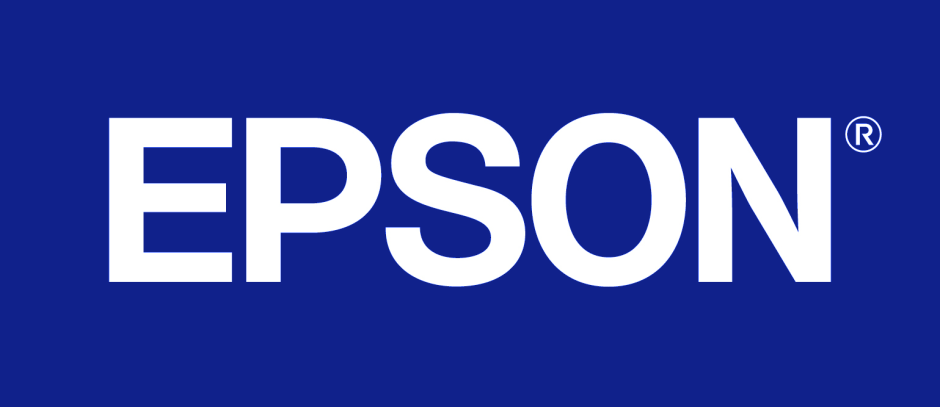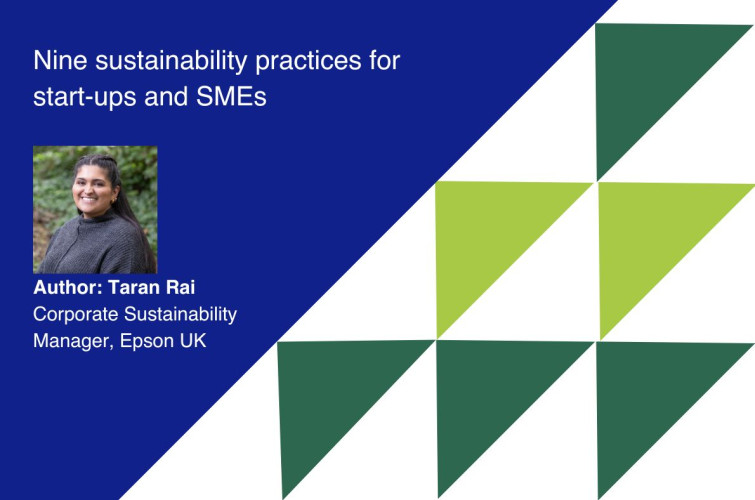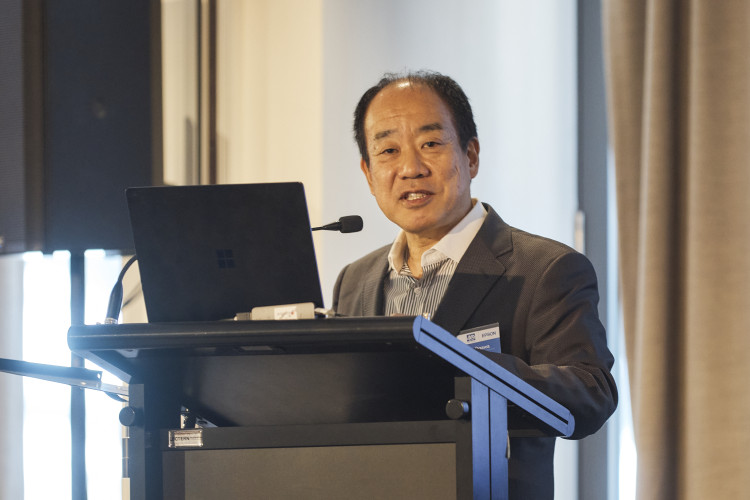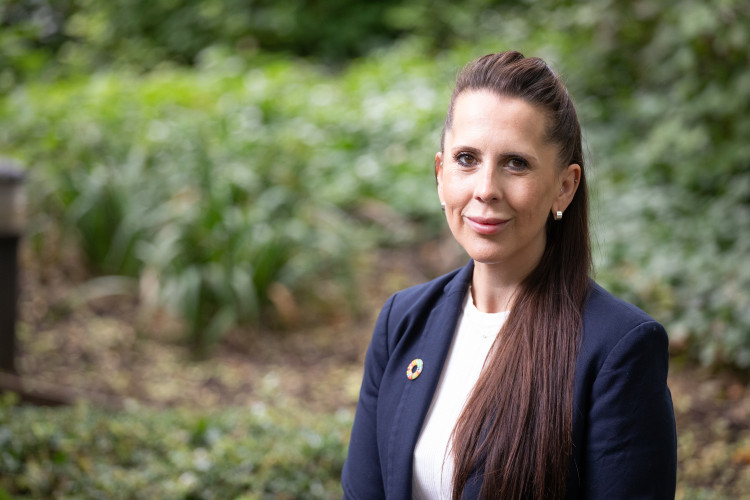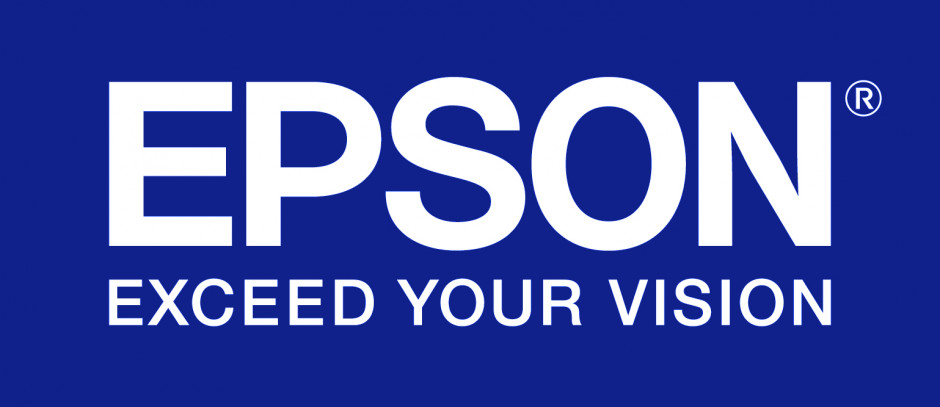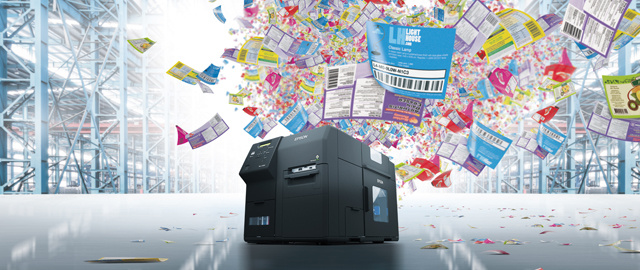How will you adapt to the winds of change sweeping through workplaces now and in the future? Are you ready or weary?
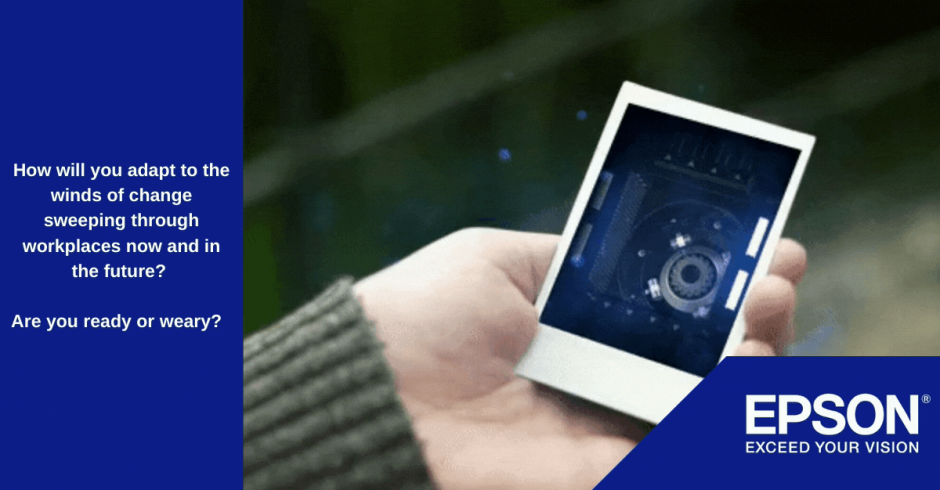
The above quote is from celebrated writer William Arthur Ward and it beautifully encapsulates the different attitudes people have towards change. During the dawn of the Industrial Age that began in the 18 thcentury, machine technology came like a gust of wind and swept away the traditional ways of working – namely the hand-made tools from the agricultural age. Machines such as steam engines altered the fabric of factories and enabled us to travel long distances in a short period of time.
The Information Age, which we are currently in, followed the Industrial age. Beginning in the early 20 thcentury, it has ushered in a period in which many workplaces rely heavily on information technology to generate economic value. Workplaces and classrooms are powered by IT networks that can store and disseminate information rapidly, uninhibited by geographical distances or time zones. Having access to vast data sets from an array of sources has enabled organisations to understand human psychology and behaviour on a scale never seen before.
And it is this information technology that is currently enabling companies to still function during this global crisis.
Like a fierce wind, COVID-19 has completely overturned the modern way of working. Earlier this year, many of us found ourselves suddenly unable to return to our offices, mandated to work from our homes. Remote working is not a new concept, but never has it been executed on such a universal scale. We now find ourselves utilising virtual platforms and networks daily, in order to turn our homes into our personal workspaces and maintain communication with our colleagues.
But even if COVID-19 had not turned the world on its axis, many of us still expected technology to alter our way of working and our learning environments. In 2017, Epson conducted research reviewing anticipated technological disruption in the workplace. The findings were very interesting. Even then, 85% of people across Europe fully expected new technologies to disrupt their workplace, which jumped to 90% in the corporate sector. What became apparent from the research was that employers needed a clearer strategy to adapt to those anticipated changes, and for the leaders within organisations to manage change and guide others through it.
Recently, UK Prime Minister Boris Johnson was quoted saying that “As old types of employment fall away, new opportunities are opening up with dizzying speed.” With the UK government, like others around the world, promising to upskill many of those who have lost their jobs, the onus will also be on how entire organisations adapt to this radical paradigm shift; particularly as only 47% or those we questioned back in 2017 felt that their employer would be good at repurposing potentially redundant employees.
As the winds of change sweep across the globe, we at Epson want to once again explore individual’s relationship with change and how they feel they react to it. To that end, we have launched a simple, fun and intriguing new quiz to help individuals understand their change profile and how they can manage their reactions to the rapid and frequent changes that are affecting us now.
So how are you adapting to the winds of change? Take our quiz to find out:

